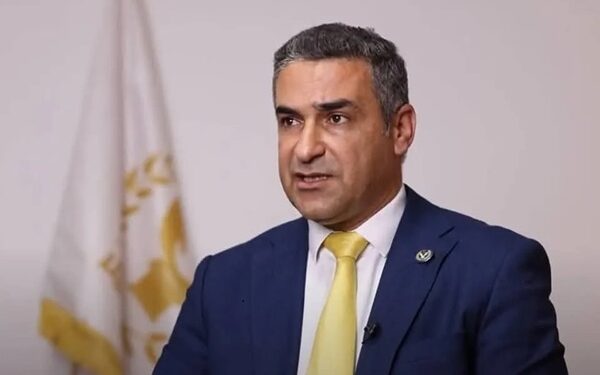“Libya Needs Clean, Independent Leadership to Rescue and Reunify the Nation”
As Libya faces escalating political and economic challenges, the call for new, capable leadership becomes increasingly urgent. In this exclusive interview, we speak with Engineer Mohamed Elmezughi, one of the leading candidates to head Libya’s next unified government, about his vision for the country’s future and the way forward out of the current crisis.
■ Libya is facing a highly complex situation. How would you describe the country’s condition at this critical moment?
Indeed, Libya stands at a historic crossroads. Years of political division have paralyzed state institutions, fueled unprecedented levels of corruption, and led to the severe collapse of essential public services. Ordinary Libyans bear the daily burden of this chaos. If this deadlock continues, the risk of a total collapse of state institutions becomes real—a scenario that would harm not only Libya but the entire region’s stability.
■ What role do you expect the international community to play in supporting the formation of a unified government?
The international community must play a decisive and positive role by supporting a genuine national project—not merely endorsing temporary political arrangements. Libya needs leadership that enjoys broad domestic acceptance and offers a workable, realistic roadmap for rebuilding and unifying state institutions. I firmly believe I can be that figure because I am independent, unaffiliated with any political party or militia, and offer a practical, results-oriented vision—not empty promises.
■ What makes your political vision different from others proposed so far?
My approach focuses first and foremost on addressing Libya’s urgent crises: restoring basic public services, re-establishing state authority, launching a genuine national reconciliation process, and paving the way for free, transparent elections. I propose solutions that can be implemented on the ground—not mere slogans. Importantly, I carry no political baggage or narrow interests, which makes me uniquely able to engage all sides without bias.
■ Do you maintain real and direct contact with the Libyan public?
Absolutely. Over the past several years, I have conducted extensive field visits across Libya—meeting with youth, women, intellectuals, artists, tribal elders, and local leaders. I listened to their concerns, their hopes, and their frustrations. These interactions have given me a clear understanding of the real priorities and expectations of the Libyan people—far from the closed political circles that often shape policy.
■ How would you describe your relationship with the international community?
I have a well-defined vision for Libya’s international and regional relations. I fully understand that Libya must become a stable, reliable partner—one that is respected and trusted by the world, not a battleground for competing foreign interests. My plan envisions a strong, sovereign Libya at home, and an open, balanced Libya abroad—something that benefits not only Libya but also its neighbors and the broader international community seeking lasting stability.
■ Finally, what is your message to the Libyan people?
My message to every Libyan is simple: hope remains alive—but only if we choose honest, independent leadership that is free from narrow allegiances and committed solely to Libya’s national interest. We have a real opportunity to build a modern, functioning state that serves all citizens equally and secures a better future for generations to come. Libya deserves better—and its people deserve a life of dignity and peace.




